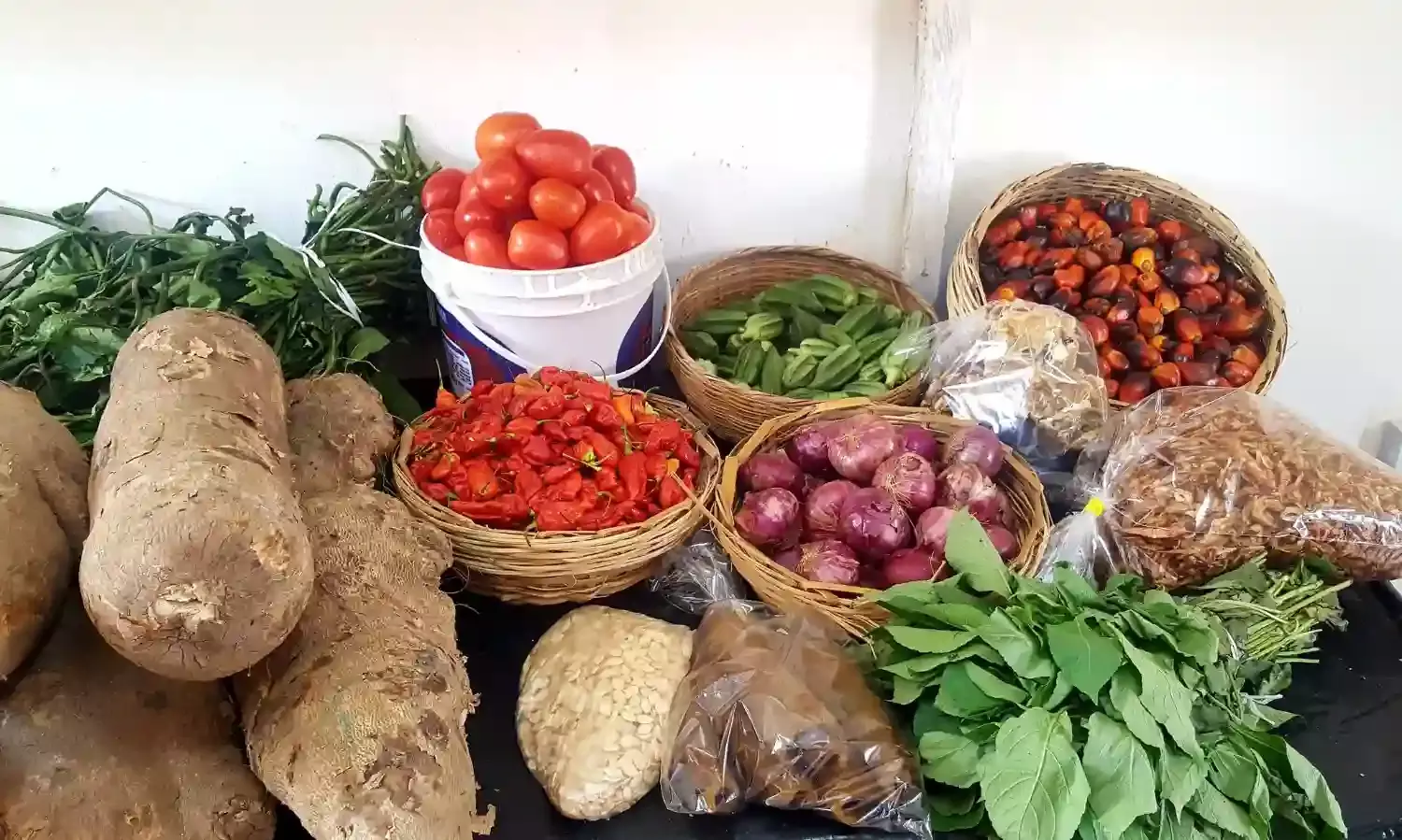Experts proffer solutions to rising food inflation
Our current food inflation is not a factor of exchange rate but is caused by poor economic perspective of the returns we want to get.;

Some agriculture experts have proffered workable solutions to tackle rising food inflation in the country.
They spoke with the newsmen in separate interviews on Friday in Lagos while reacting to the November food inflation index.
They stressed the need for the establishment of commodity regulatory bodies for price regulation and control.
Supreme News reports that the National Bureau of Statistics (NBS) said said in recent statistics that food inflation, which accounts for the bulk of Nigeria’s inflation basket, rose to 32.84 percent in November from 31.52 percent in October.
Also, the NBS said the inflation rate in November stood at 28.2 per cent compared with 27.33 per cent achieved in October.
Dr Ismail Olawale, a fellow at the National Agriculture Extension Research Liaison Services (NAERLS), urged the government to set up commodities regulatory board as soon as possible for price regulation and food security.
“We do not have a problem of food production in Nigeria to elicit these high inflation rates we are witnessing.
“The problem we have is the lack of marketing boards and price regulation agencies.
“If we have price regulation agencies, traders will not increase the price of food stuff at will.
“Everybody believes that increasing the price of their commodities will give them more money.
“However, that economic perspective is the worst that anyone can subscribe to.
“The government should come up with a ad-hoc taskforce that will start by regulating cost of farm inputs even from planting season at the beginning of the year.
“They should monitor the cost from pre-cultivation all through to harvest of the crops,” Olawale said.
He noted that it was an irony that Kogi State had the highest food inflation in November.
“Another phenomenon we can blame for this food inflation is the multiple taxation of local farmers.
“Our current food inflation is not a factor of exchange rate but is caused by poor economic perspective of the returns we want to get.
“Everybody wants to increase their price at will,” he said.
Also speaking, Mr Omotunde Banjoko, an agric analyst, said the government should make agriculture funding a priority to tackle the problem at hand.
“To tackle the food inflation rates, we need to start focusing our funds on crops that have direct impact on food prices.
“Let us allocate more on maize, soya, and and cassava and subsidise more on agriculture.
“The government should do less on capital projects and infrastructure but concentrate more on agriculture.
“If we look in this direction, we should get some difference in food prices in the first quarter of the new year.
“We should also prioritise funding for farmers, this is something we cannot overemphasise, with this we can work on the growing food inflation.
“32 percent food inflation is rather high,, and that is what is driving the general inflation cost across all sectors.
“In an economy where the minimum wage is N30,000 people still spend 65 per cent of their income on food.
“The minimum wage the president has promised for the new year should be implemented and it will impact the rates favourably,” Banjoko said.

